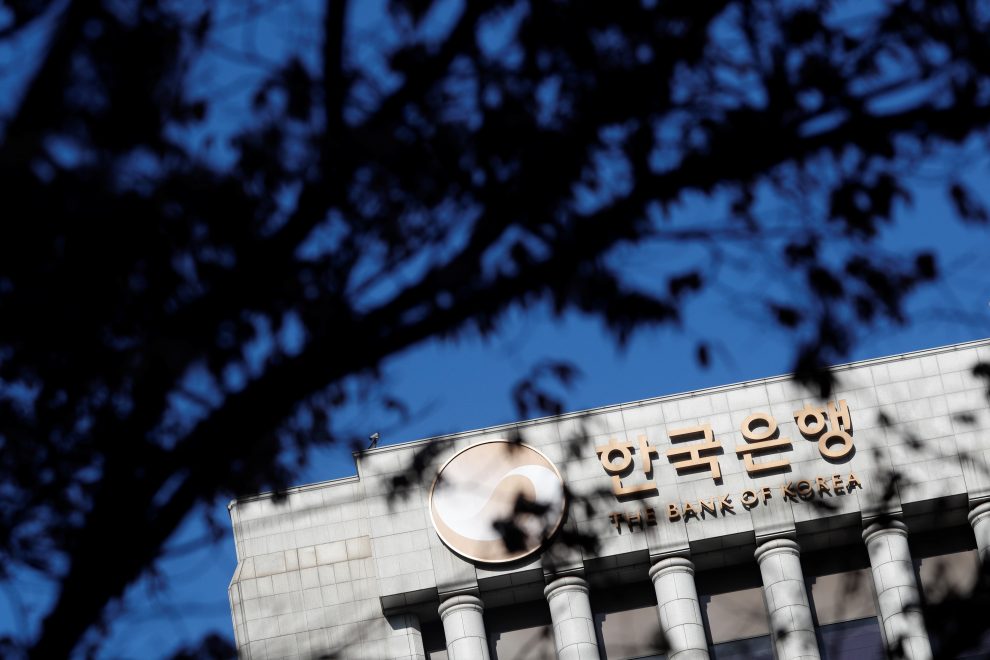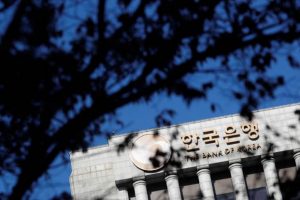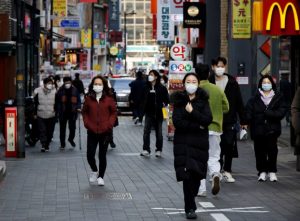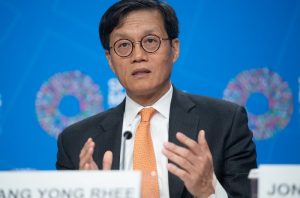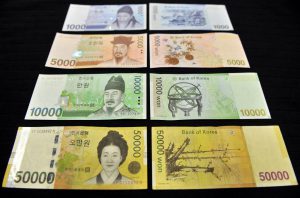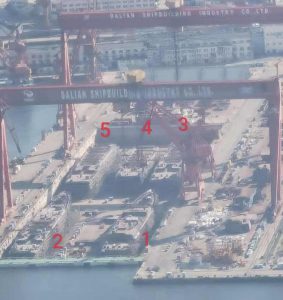South Korea’s consumer inflation jumped by 4.8% in April over the previous year – the fastest growth since late 2008, according to data from Statistics Korea.
The consumer price index jumped from 4.1% in March and was well over the central bank’s 2% target for the 13th consecutive month.
Not surprisingly, this has heightened expectation of further interest rate rises by the Bank of Korea.
The yield on the benchmark 10-year treasury bonds rose as much as 5.4 basis points to 3.426%, the highest since May 14, 2014, as the inflation data cemented the case for continued policy tightening.
The Bank of Korea (BOK) convened an internal meeting of officials to review the inflation data and the presiding deputy governor stressed the need for authorities to manage inflation expectations.
Analysts, however, have not as yet adjusted their policy expectations following the data.
“We are not changing our view for now as the data shows inflation was led by the supply factors,” said Ahn Jae-kyun, a fixed-income analyst at Shinhan Financial Investment. “I prefer to wait and see how the demand-side trend will look like in coming months.”
Core inflation, which measures price growth excluding energy and food, sped up modestly to 3.1% on a year-on-year basis in April from 2.9% in March and marked their highest since May 2009.
South Korea‘s central bank last month raised its benchmark interest rate by 25 basis points to 1.50% in a surprise move as it ramped up the fight against inflation.
It marked the fourth increase of the BOK’s base rate since it kicked off a policy tightening cycle in August last year as one of the first central banks in high-income countries to do so.
It holds its next policy board meeting on May 26, which will mark the debut for Governor Rhee Chang-yong as the chair of the board and his first meeting, once incoming President Yoon Suk-yeol starts work on May 10.
• Reuters with additional editing by Jim Pollard




